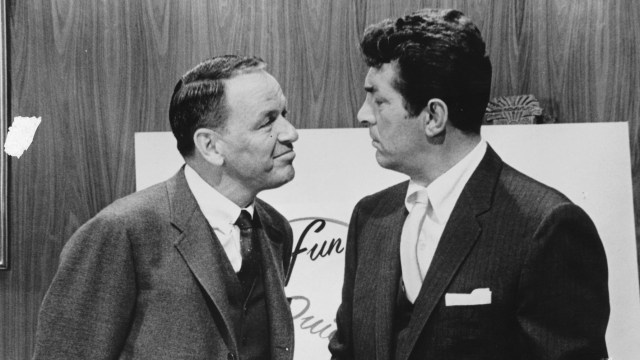What Drives Helicopter Parenting? Not Control, But Fear.

Parents have always worried about their kids, but a recent and potentially counter-productive style of parenting is afoot. Former Stanford University Dean Julie Lythcott-Haims explores the implications of our culture’s rampant over-parenting in her new book How to Raise An Adult: Break Free of the Overparenting Trap and Prepare Your Kids for Success. In a trend started by the Baby Boomers and continued by Gen Xers, helicopter parenting has become not only a part of the lexicon, but also seemingly the preferred method of raising children. Lythcott-Haims feels there are dangerous (and possibly disastrous) consequences of this movement.
Over-involved parents, who often identify their own success and failure with those of their children, do have the right intention. But in a culture that prizes academic achievement and narrowly defines success, it’s understandable for parents to want their kids to fit in. The danger comes when they so coddle, protect, and control their children that they grow up to be stunted. When not given the opportunity to figure things out on their own, to fail and learn from failure, to experiment, and to learn independence, young adults go off to college with a handicap.

While my parents weren’t of the helicopter persuasion, per se, I did go to college without knowing how to do laundry. I stood in front of the strange Make Clothes Clean Again machine with fabric softener instead of detergent and stared at the array of knobs and buttons before finally Googling how to make the magic happen. I also lived off Chocolate Lucky Charms, mostly out of fear that I’d have to use a stove someday. If that was my case, I imagine my peers were more clueless, but about homework, making friends, or everyday challenges.

Lythcott-Haims worries about the long-term effects this might have: how my generation, the Millennials, will function in the world we’ve been so protected from. She asks, “Why did parenting change from preparing our kids for life to protecting them from life, which means they’re not prepared to live life on their own?” And what about parents, who are as stressed as their kids, with the modern American desire to be more, be the best, attain the ever-elusive idea of how things “should be”? And are any of us happy? Do we even value happiness anymore, and if not, what is all this scrambling for? To what end, she asks. It may be the most poignant question no one is asking.
The solution isn’t simple. This is a nuanced multi-generational problem compounded by modern technology. There are steps we can take, however, to avoid contributing to the problem. Is it possible that moms and dads can take a deep breath and look at their fears? If they were less driven by fear — fear of being a bad parent, having unsuccessful children, etc. — there might be more room for creativity and less space for stress. We can also reframe how we define success. Is it monetary, status-driven, or otherwise external? I wonder how it would change parenting if that type of success were given less attention, and more emphasis were placed on, to borrow a term from the Boomers, following your bliss. Like most cultural issues, it is messy, but Lythcott-Haim’s experiences bring to light points worth discussing and questions worth asking.
For what it’s worth, I did finally overcome my fear of stoves and learned how to boil water. The jury is still out, however, on the death trap known as “the oven.”





